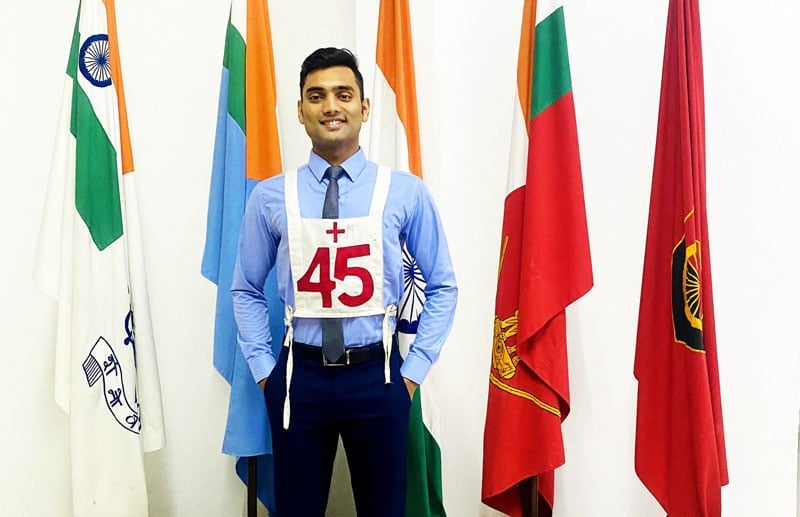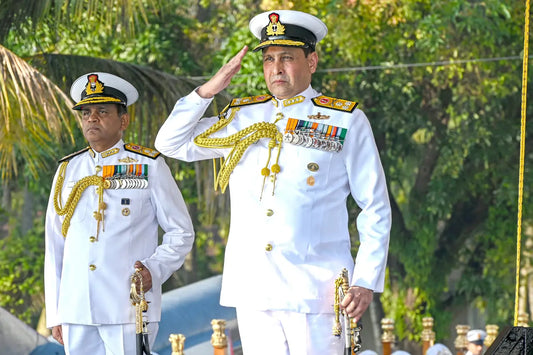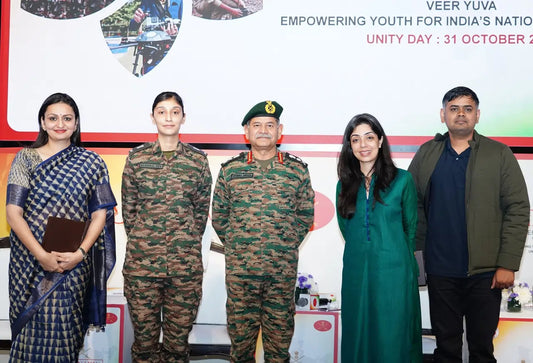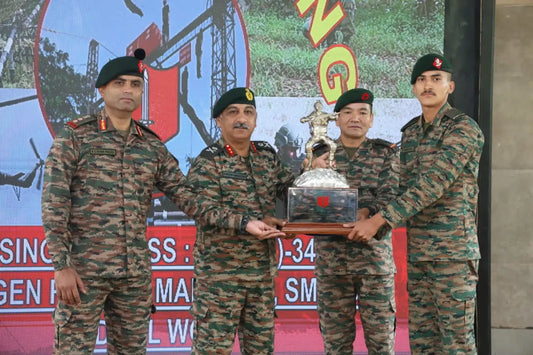Reasons Behind Low Success Rates in SSB Interviews for Armed Forces Candidates

The Services Selection Board (SSB) interview is a rigorous examination that candidates must pass to pursue a career in the Indian Armed Forces. This assessment serves a vital role in identifying individuals who possess the leadership qualities and attributes necessary for service. However, with an overall selection rate of just 5-6%, many candidates find the process challenging and fail to secure a position. What leads to these failures?
The SSB interview includes various stages such as written tests, psychological evaluations, group discussions, personal interviews, and physical fitness tests. Each stage is tailored to assess specific skills, all contributing to the evaluation of a candidate's potential as an officer. The wide range of topics and skills tested makes the SSB interview a unique challenge.
Established in 1948 shortly after India's independence, the SSB aims to select officers for the Indian Armed Forces. Over time, the process has evolved, incorporating modern psychology and group dynamics to remain relevant to current military needs. Yet, despite these advancements, candidates continue to face common pitfalls. Understanding these challenges is crucial for better navigation of the selection process.
One major reason for failure is inadequate preparation and lack of confidence. Approximately 70% of candidates feel unprepared for both the content and the process, affecting their confidence and performance.
Many candidates appear for the SSB without thoroughly understanding the interview's complexities, often neglecting to engage with preparatory materials or participate in mock interviews. This lack of preparation leads to difficulties in articulating thoughts during group discussions and personal interviews.
Effective communication is another critical aspect evaluated during the SSB interview. Candidates who struggle in this area may leave a negative impression, especially during critical tests like Picture Perception and Group Discussions. Communication encompasses both verbal and non-verbal skills, and candidates lacking in these areas often find it challenging to engage with both the panel and fellow candidates, putting them at a disadvantage.
Integrity is a core value assessed by SSB panels, with about 20% of disqualifications attributed to dishonesty. Candidates who exaggerate their experiences or provide rehearsed responses risk losing the trust of assessors, impacting their selection chances and confidence.
Inconsistency across different assessment stages can indicate a lack of well-rounded Officer-Like Qualities (OLQs). Candidates who excel in certain tasks but fail in others may be seen as unsuitable for military leadership. OLQs involve attributes like decision-making, social adaptability, and self-discipline, which are essential for effective leadership. Candidates must exhibit these traits consistently throughout the assessment stages.
A lack of general knowledge and understanding of current affairs can significantly challenge candidates during personal interviews, where discussions about national and global events are expected. Candidates unaware of important issues may struggle to connect with assessors, who value informed opinions.
Some candidates resort to exaggerated or artificial behaviors to project qualities they think the SSB seeks. Such approaches often backfire, as assessors quickly identify insincerity.
The SSB interview is demanding, with only 5-6% of candidates being selected. Common feedback reveals that 70% of candidates feel unprepared, 20% face disqualification due to dishonesty, and many struggle with knowledge gaps. These statistics emphasize the need for thorough preparation in an increasingly competitive environment.
While failure is common, analyzing success stories can highlight the attributes that set successful candidates apart. Successful candidates often engage proactively, seek guidance, embrace feedback, and work on improving their performance. They show resilience, turning failures into learning experiences, and thoroughly prepare using various resources.
Challenges such as high anxiety levels, misinformation, and physical fitness concerns can impact performance during the SSB interview. Managing stress through practices like mindfulness and engaging in mock interviews can help alleviate anxiety. Reliable information from credible sources is crucial to avoid misconceptions, and maintaining a fitness routine ensures candidates meet physical expectations.
As military responsibilities evolve, the SSB selection process may adapt, potentially emphasizing psychological resilience and adaptive leadership. Advances in digital and AI technologies could lead to remote assessments, increasing access but also requiring candidates to navigate new complexities.
In conclusion, success in the SSB interview requires a comprehensive preparation approach. Common reasons for failure include inadequate preparation, poor communication skills, dishonesty, inconsistencies across assessment stages, and lack of current affairs knowledge. By addressing these issues and using resources like mock interviews and communication training, candidates can improve their success chances. The SSB interview reflects a candidate's readiness to embody officer-like qualities and lead honorably. With preparation and authenticity, candidates can transform the dream of serving in the Armed Forces into reality. Candidates should equip themselves with the right resources, remain honest, and confidently approach the SSB interview process.



















